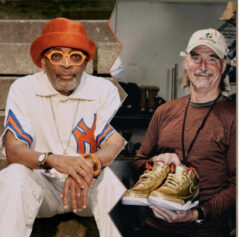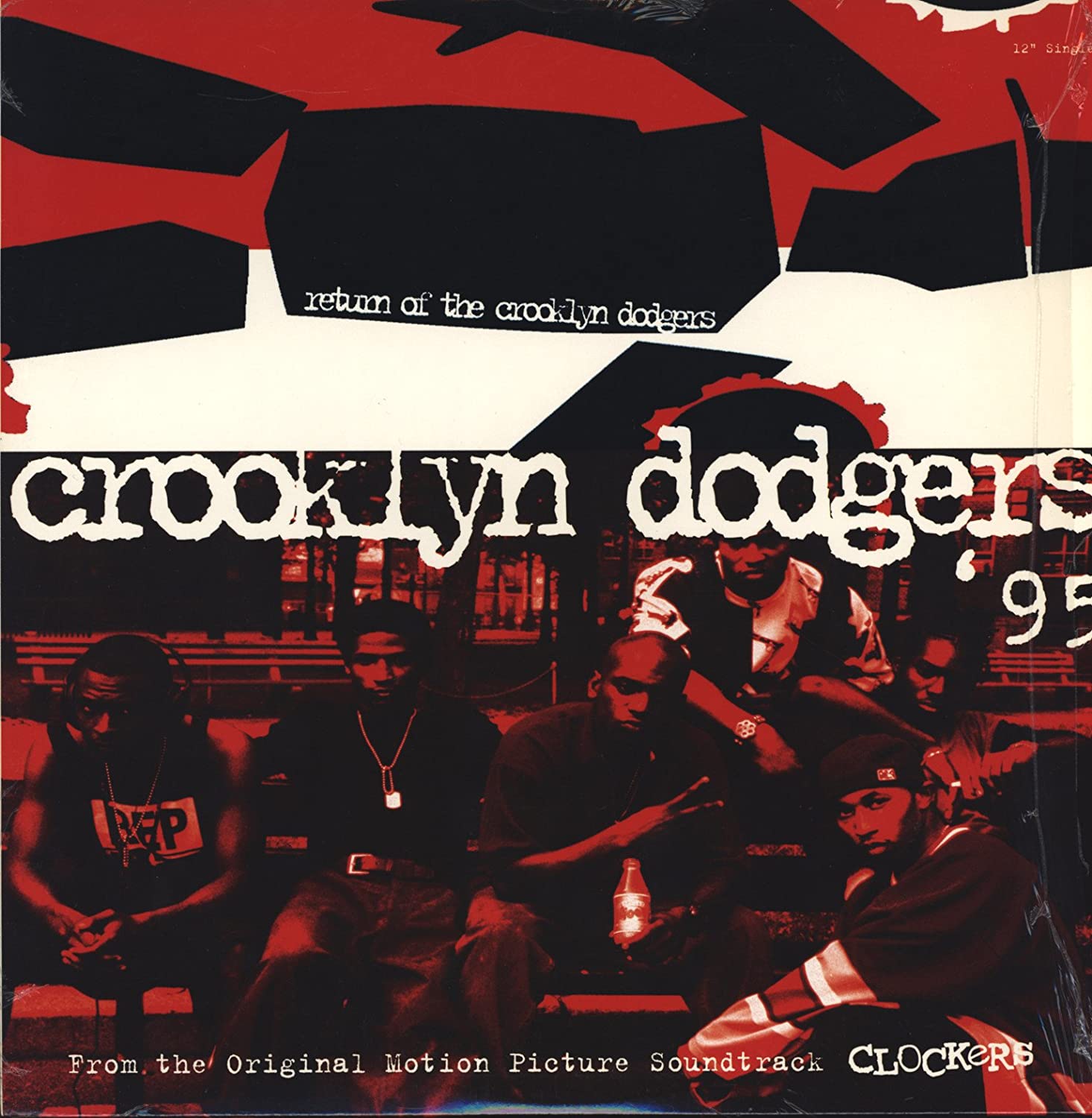Long before we knew the word gentrification, Spike Lee was addressing it in ‘Do The Right Thing.
On the 35th anniversary of the movie, we look back at this classic in Black and American film.
Written, directed by and starring Spike Lee, “Do the Right Thing” follows the trials of a pizza delivery man named Mookie as he attempts to live his life on a scorching hot summer in Brooklyn.
There are so many nuggets of black life sprinkled throughout this undertaking that it’s difficult to pinpoint them all without watching the movie several times over.
The cast was exceptional. The writing and direction were outstanding and the messages within were not only poignant from an artistic perspective but spoke directly to the black condition in urban America in particular while using the backdrop of Brooklyn.
Long before most of us ever even heard the word gentrification, Spike Lee was addressing the matter in “Do The Right Thing.” Long before any of us shed a tear for Tamir Rice, we shed a tear for Radio Raheem. And Sal’s Pizzeria’s had a different slice of everyday racism for all to eat.
You had Sal, the ambiguous racist, played by Danny Aiello, you had Pino, played by John Turturro, the hateful chip off his father’s block, who’s obviously racist but confused. He loves black music, black sports stars, but black people? Not so much. Especially Mookie. Then there’s Vito, played by Richard Edson, who thinks he’s “down” because he listens to rap music and dates black women.
Though Mookie’s life is rather unexceptional when the film opens, he’s living with his sister Jade, played by his real-life sister Joi Lee, and has a relationship with his girlfriend Tina, played by Rosie Perez, a whole child named Hector, and at only 24-years-old he’s still unmotivated to seek anything better.
Like so many before and after him, Mookie loves Brooklyn and would rather be nowhere else in the world, at first. The question that begins to bend the arc of the story toward its eventual conclusion, and Mookie’s apparent awakening to the reality of his world, is a simple matter of representation.
His friend Buggin’ Out, played with a fashion and flavor by Giancarlo Esposito, asks Sal “Why aren’t there any brothers on the wall?” and Sal answers in a manner that basically dismisses Buggin’ Out and Mookie. Apparently, black people can eat at Sal’s, even work at Sal’s in Mookie’s case, but didn’t deserve to be on his wall of fame. Not Sammy Davis Jr, Not Jackie Robinson, not nobody.
As is the case with most of Spike Lee’s films, the side characters are what gives his works a great amount of their authenticity. Radio Raheem, played by the late Bill Nunn, is a figure who lasts through time. Large, Black and full gruffness, his booming radio can only be matched by the booming bass in his voice. In the movie, his interactions with the black characters were at least cordial or mutually respectful.
However, it is Radio Raheem’s interactions with non-black owned businesses that we see him as “troublesome” in the eyes of others. His radio annoys Sal, as does his insistence that he get the extra cheese without paying $2 a slice. His fabled battery scene at the local Korean Grocery store, the same one that failed to stock Da Mayor’s signature beverage, is yet another.
We all know or knew a Radio Raheem. I imagine he was raised in a harsh environment where people who didn’t look like him treated him harshly, so he grew abrasive in speech and disposition to meet the challenge of the environment. In science, it’s called adaptation.
However, that adaptation brings fear from those only see black skin and muscle, rather than a human being who deserved to be treated as such. His death at the hands of the NYPD was very difficult for many of us to watch then, and even for some of us now.
At the time it seemed like dozens of white critics were saying the same thing, that the film would cause black audiences to riot. It was an incredibly stupid and demeaning quote that was parroted by a number of white reviewers. I bet they thought they were being smart and insightful, but they were being racist as hell.
In a 2014 interview Lee stated “That still bugs the shit out of me,” calling the remarks “outrageous, egregious and, I think, racist,” and further elaborating, “I don’t remember people saying people were going to come out of theaters killing people after they watched Arnold Schwarzenegger films.”
In addition, Spike later revealed that white folks weren’t the only ones asking whether or not Mookie did the right thing by inciting a riot.
The “right thing” in my eyes was to be awakened to once place in the social order, to be angered by it to the point of outrage.
Historically, race riots in America were white people coming to black neighborhoods and business and destroying them and their occupants.
Like so many of his other works, Spike Lee’s “Do The Right Thing” just got better as it aged, and as well aged.
Now, 35 years later, controversy is the last thing I think of when I see “Do The Right Thing”. It was an honest artistic representation of Black life in America that defined a genre.



